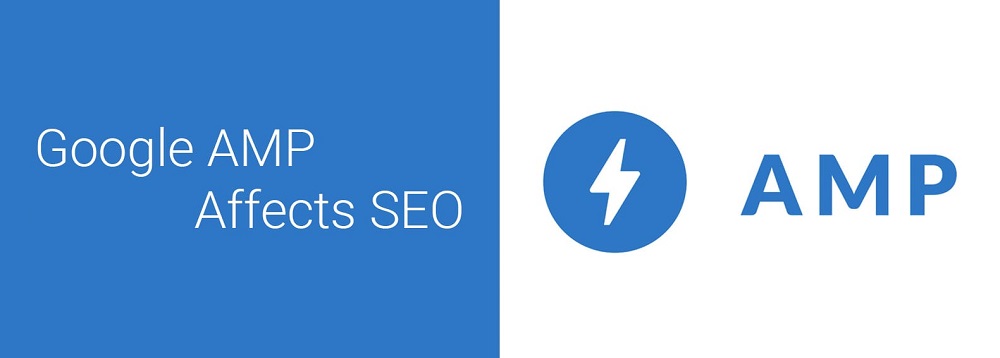


If we talk about Ecommerce websites then it is a must to consider search engine optimization (SEO). As per Digital Marketing Boy, only an effective SEO strategy can help a store to achieve high SERP rankings. A team working on SEO for Ecommerce website should always think like a customer. Never ruin the experience of your website while optimizing for search engines. Following are the steps to help you with higher rankings for your Ecommerce website:
A. Title Tags Optimization: Create a unique title tag for each web page. Be sure that the Title tag should not exceed 60 characters. Include the name of the company and action words like 'buy' and 'order' in this tag. Make customers click on your listing by adding words such as 'offer', 'discount' and more.
B. Videos and Images: These are used in many web pages of an Ecommerce website. Rich media content optimization assists you to rank better in Google Images. The naming of each image or video file should be proper. Reduce the size of files using online tools that provide instant optimization. Write relevant ALT text and required descriptions for all your files. Avoid affecting the load time of your website by using embedded code for videos.
C. Page Load Time: The load time of a web page should be around 3 seconds. You can reduce the load time of a website by optimizing the images, enabling browser caching, uploading video from an external source, reducing redirects, minifying HTTP requests, CSS, JavaScript and HTML.
D. Valuable Content: Any Ecommerce website must avoid duplicate content. Work smarter in managing unique and valuable content for your web pages because there are many affiliates involved in an Ecommerce industry. Some noticeable points include a clear URL path, set up of canonical tags, regular updates of old content and proper redirection.
E. Simple Website Structure: An Ecommerce website with a proper structure can easily get crawled by search engines. This provides a better user experience because visitors can easily find relevant information.
F. Schema Markup: Structured data is crucial for every successful Ecommerce SEO. The benefits of Schema Markup are reduced Bounce Rate, increase in CTR and conversions. Rich snippets that can be used for products in Ecommerce websites are Shipping, Price, Currency, Rating, Name, Color and Availability. Be sure to test all your Markup tags with Google's Structured Data Testing Tool.
G. HTTPs: You can find this feature in many hosting platforms. HTTPs implementation for Ecommerce websites is not only for search engines but for its visitors too. Users would not consider buying from websites that do not use HTTPs for data transfer. Install an SSL certificate for your website to be HTTPs protected.

H. Mobile Friendly: Add Accelerated Mobile Pages (AMP) snippets to the code and speed up web pages on mobile. If your website is not mobile friendly then your mobile conversion rate will be on the lower side.

I. Voice Search: This is a great advantage for visitors with smartphones. If possible, embrace this facility as soon as possible.
J. 301 Redirection: All your expired products should be permanently redirected and this informs Google about the movement of your old content. As per the user experience and SEO guidelines, the redirection of your expired URL must be to a similar page.

K. Keywords Usage: Do not stuff keywords while optimizing a web page. Include your focus keyword in the content, image ALT text, file name, heading tag, title tag and Meta description.
Implement the above SEO best practices and achieve higher SERP rankings for your Ecommerce website.